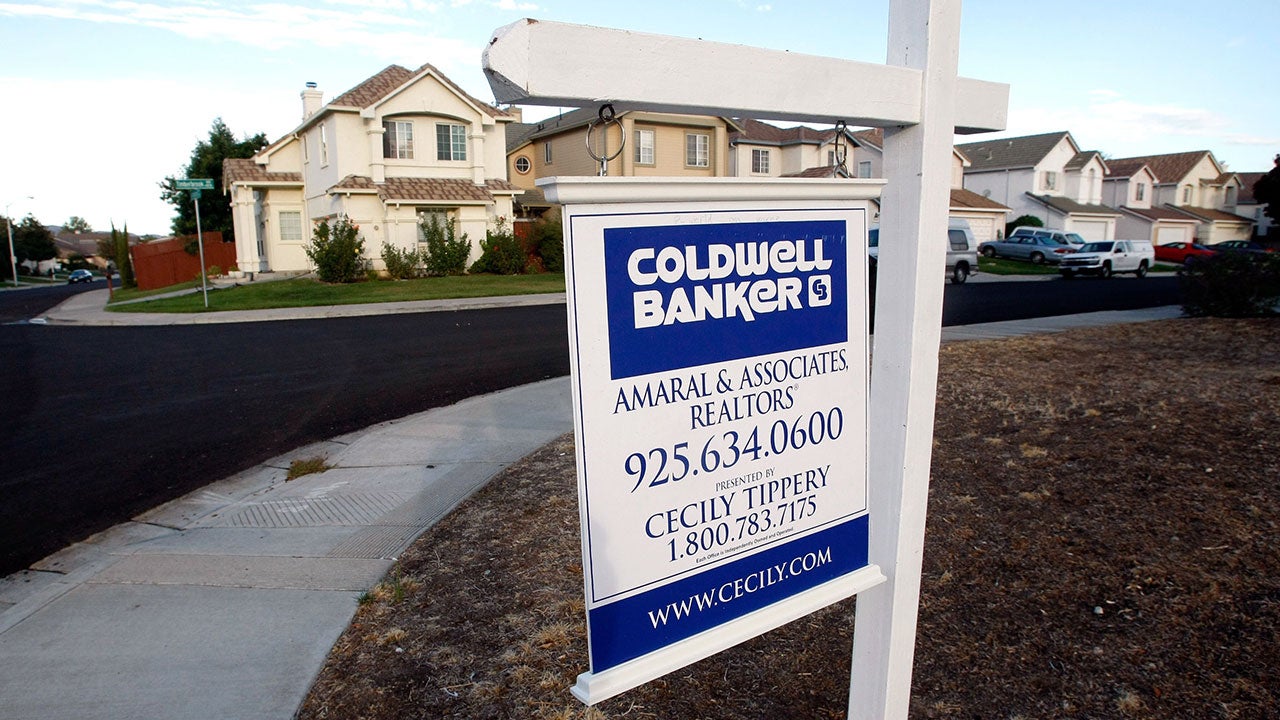
Real estate and stocks are both excellent investment vehicles, but each has its own set of advantages and disadvantages. Here are some of the key differences between them: Liquidity. Risks. Location. And Profits. For those looking to create a long-term passive income stream and a steady stream of capital, real estate investment may be the better option. Real estate has the potential to appreciate significantly and also offers passive income. Stocks on the other side are susceptible to inflation, market, and economic risks. Buying stocks does not require a large cash injection, but they can be bought and sold easily.
Profits
Real estate investing has many benefits. For starters, real estate can create cash flow. Cash flow is the money left after expenses are paid. Rental income is a great way to offset expenses and make extra money. The more time you own a home, the better your cash flow. A variety of tax benefits and deductions are available to real estate owners. These tax breaks include deductions for reasonable expenses related to operation and ownership.
Real estate investing offers investors the flexibility they need. You can gradually build a portfolio and use the rental income to supplement your income. Fixed-and-flip profits can also be your main source income. Real estate also gives you freedom and flexibility to manage your property around your schedule. You are your boss. You are in control of your work hours and you have no salary limitations.

Risks
Real estate investing is more risky than stocks. It is important that you understand the differences. Real estate is more stable than stocks. Real estate is less likely to lose capital because you can use the land as collateral. Stocks are less liquid and can be withdrawn at any moment. Additionally, dividends can be a source of income for stocks. Stock prices fluctuation can lead to emotional decisions. Investors need to be aware.
This is because you have to wait until your return before you can see any positive effects. Stocks typically return between 3 and 4 percent per annum, while real property returns around 10%. But, even if you invest at least 20% in the property's value, you still get a 20% annual return. That is a far better return than stocks. Moreover, it can be difficult to find properties with good values and then sell them for less than what you paid for them. If you sell your property in a very short time, you may face a tax penalty that is equal to the average return on the real estate industry.
Liquidity
Liquidity describes the ease with which investors can convert their investments into cash. Stocks have more liquidity than real estate investments because they are available to be sold during regular market hours. While it may take a few days to sell an entire position in stocks, investors can get their money when they want. Real estate investments aren't as liquid and can take years to appreciate in value.
Another benefit of real estate investing is that returns come from income instead of capital gains. This makes the process much more automatic. The income component automatically grows with inflation. This allows investors to spend their real-estate profits faster. Another advantage of real estate investing? It is less volatile. Withdrawals are less vulnerable to short-term volatility. Regardless of your personal preferences, you can easily find a strategy that suits you.

Lage
Direct investment in realty is not the right choice for everyone. However, if you want to build a balanced portfolio, you should consider real estate along with stocks. The stock market is easy and simple to navigate. Investing in real estate is also less risky than stock index funds. Here are some tips for investors who are considering real estate investments.
FAQ
Can I purchase a house with no down payment?
Yes! There are many programs that can help people who don’t have a lot of money to purchase a property. These programs include government-backed mortgages (FHA), VA loans and USDA loans. You can find more information on our website.
Should I rent or own a condo?
If you plan to stay in your condo for only a short period of time, renting might be a good option. Renting saves you money on maintenance fees and other monthly costs. However, purchasing a condo grants you ownership rights to the unit. You are free to make use of the space as you wish.
How many times may I refinance my home mortgage?
It depends on whether you're refinancing with another lender, or using a broker to help you find a mortgage. You can typically refinance once every five year in either case.
How long does it take to get a mortgage approved?
It depends on many factors like credit score, income, type of loan, etc. It typically takes 30 days for a mortgage to be approved.
Do I need flood insurance?
Flood Insurance protects against damage caused by flooding. Flood insurance can protect your belongings as well as your mortgage payments. Find out more about flood insurance.
Statistics
- 10 years ago, homeownership was nearly 70%. (fortunebuilders.com)
- When it came to buying a home in 2015, experts predicted that mortgage rates would surpass five percent, yet interest rates remained below four percent. (fortunebuilders.com)
- This seems to be a more popular trend as the U.S. Census Bureau reports the homeownership rate was around 65% last year. (fortunebuilders.com)
- Private mortgage insurance may be required for conventional loans when the borrower puts less than 20% down.4 FHA loans are mortgage loans issued by private lenders and backed by the federal government. (investopedia.com)
- Over the past year, mortgage rates have hovered between 3.9 and 4.5 percent—a less significant increase. (fortunebuilders.com)
External Links
How To
How to buy a mobile home
Mobile homes are houses constructed on wheels and towed behind a vehicle. They have been popular since World War II, when they were used by soldiers who had lost their homes during the war. Mobile homes are still popular among those who wish to live in a rural area. These homes are available in many sizes and styles. Some houses have small footprints, while others can house multiple families. Even some are small enough to be used for pets!
There are two types of mobile homes. The first type is manufactured at factories where workers assemble them piece by piece. This is done before the product is delivered to the customer. A second option is to build your own mobile house. You'll need to decide what size you want and whether it should include electricity, plumbing, or a kitchen stove. Next, ensure you have all necessary materials to build the house. Final, you'll need permits to construct your new home.
You should consider these three points when you are looking for a mobile residence. You might want to consider a larger floor area if you don't have access to a garage. A larger living space is a good option if you plan to move in to your home immediately. The trailer's condition is another important consideration. It could lead to problems in the future if any of the frames is damaged.
Before buying a mobile home, you should know how much you can spend. It is important that you compare the prices between different manufacturers and models. Also, look at the condition of the trailers themselves. There are many financing options available from dealerships, but interest rates can vary depending on who you ask.
Instead of purchasing a mobile home, you can rent one. Renting allows you to test drive a particular model without making a commitment. However, renting isn't cheap. The average renter pays around $300 per monthly.